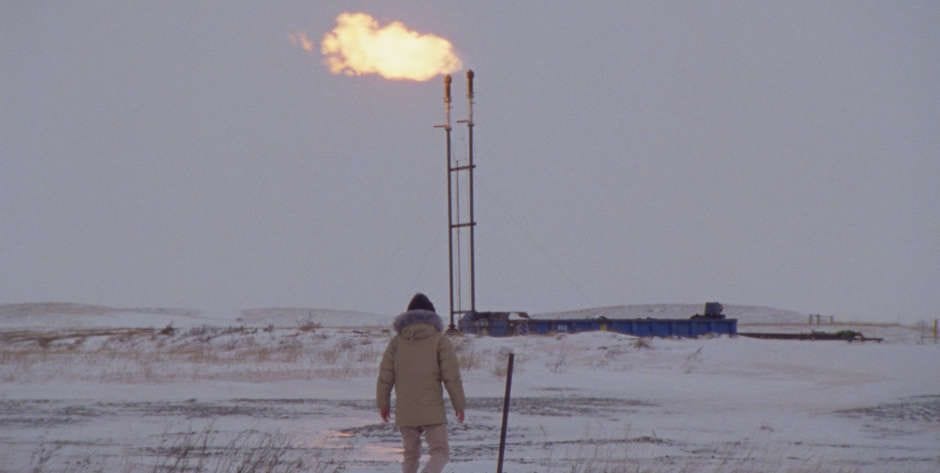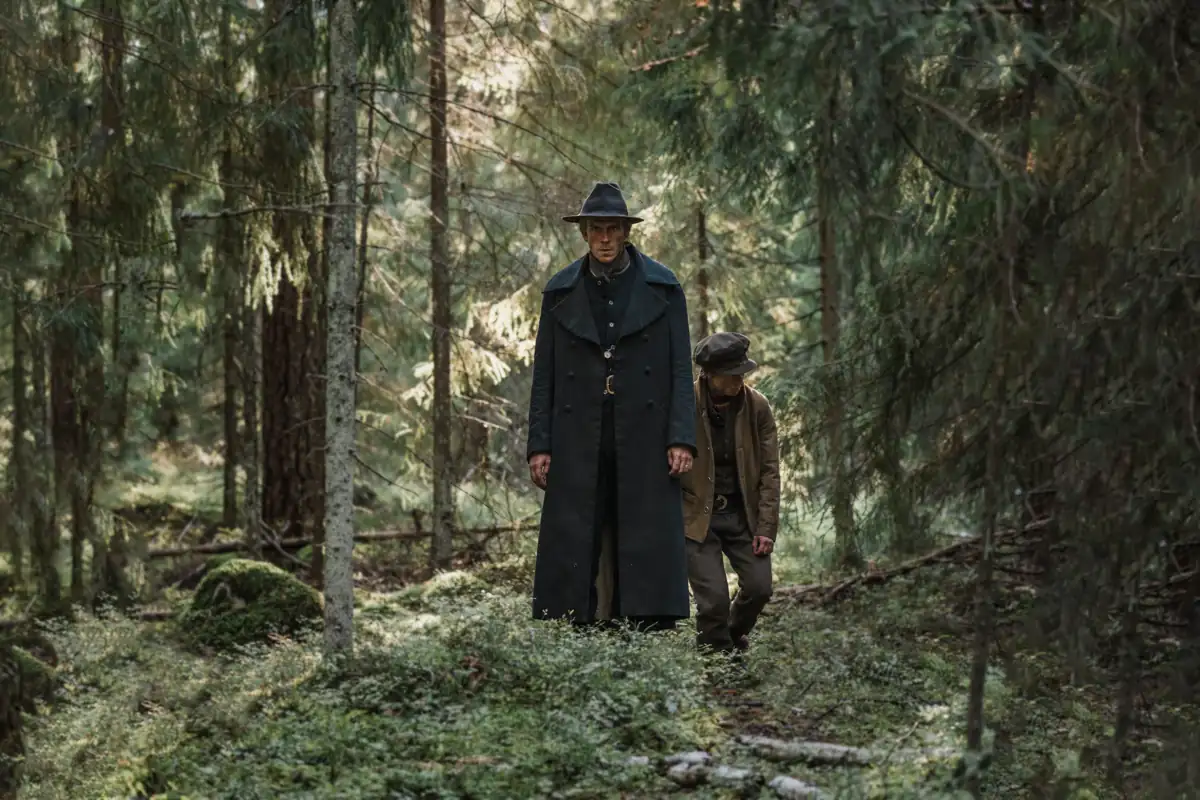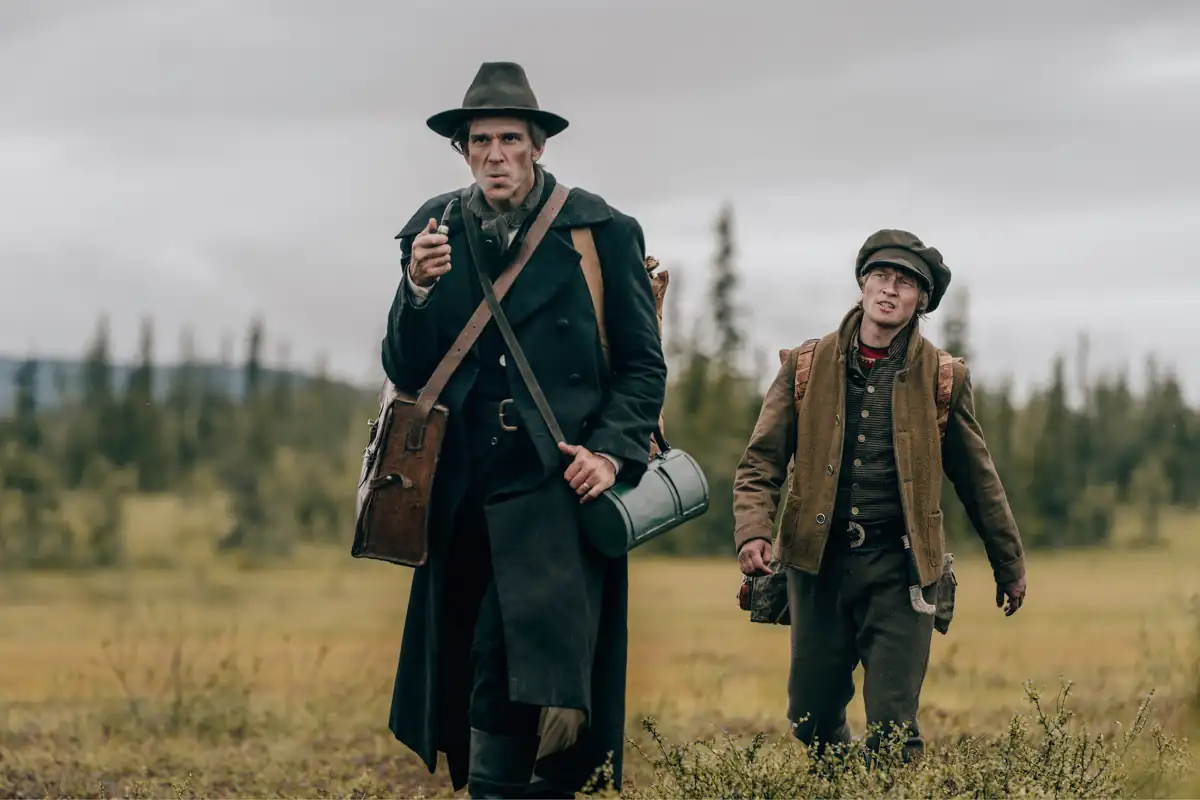Inspired and expanding upon the book by Andreas Malm, How to Blow Up a Pipeline is a riveting, smart, and intensely important political thriller about the conversation nobody wants to have.
Set in Texas, a state where environmental law feels nearly nonexistent, a group of young activists set out to blow up a local pipeline. It’s an act that’s both desperate and desperately necessary. The planet is on fire. We’ve passed all points of no return decades ago. Those who live or have lived in Texas know that we’re not far from it becoming inhospitable to life entirely. Yet the world of late-stage capitalism would still paint the leads as villains.
Director Daniel Goldhaber doesn’t. He also refuses to sit on a fence and “both sides” the conversation. It’s a compassionate act that proves him a filmmaker of vision and backbone. Some things you don’t just wait and see.
Built through meticulous detail and confidence in its story, Goldhaber’s film is intense even when seemingly nothing dangerous takes place. By the time we join the story, the plan is already in motion. There’s little to talk about because everything has been said already. We learn of their motivations through short vignettes, each terrifying in their mundane horror.
More than that, Goldhaber’s film understands the complexities of any necessary act of activism. It questions its characters. It prods and forces them into places where their motivations come into question. There’s a steadfast refusal of a simple divide of heroes and martyrs. Instead, it argues the world we’ve built for ourselves has no place for either anymore.
For Finns, How to Blow Up a Pipeline is a vital piece of American modernity because it dispassionately shows the world pop culture pretends doesn’t exist.
In America, living next to a refinery is a harsh reality. Here, we can’t comprehend not seeing a forest, a river, or a swimmable lake. Those are fading from the American landscape. In time, if left unchecked, corporate greed will make it happen here, too.
Goldhaber’s smart and eloquent portrait of the next inevitability in climate justice makes for difficult viewing. It forces us to confront questions that have no easy answers. But more than that, it forces us to realize the alternatives are even worse.
It’s a staggering work of profound importance.













